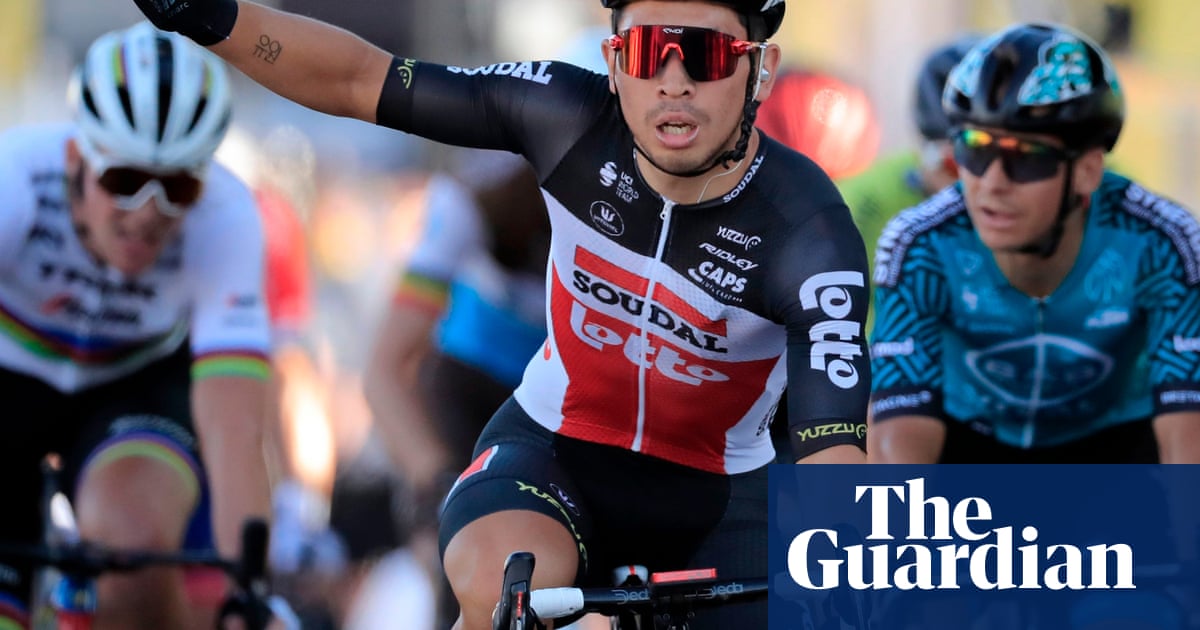Caleb Ewan, at his peak one of Australian cycling’s greatest talents, has stunned the sport by announcing his immediate retirement.
Ewan delivered his bombshell decision on social media, saying events of the last two years – especially around hismessy exitfrom top Australian team Jayco AlUla – have “taken a significant toll on my relationship with the sport”.
The 30-year-old sprint ace started this year without a team and it looked as though his career could end prematurely. But he joined high-profile British outfit Ineos Grenadiers and made a successful return in late March, winning his first comeback race. He then claimed a WorldTour-level win last month and appeared to be back on track.
“The last few years haven’t been easy, but in 2025 I found something again - not just legs, but belief – thanks to the INEOS Grenadiers,” he wrote. “They gave me space, trust and the environment to rediscover what I am capable of. I won again. But the truth is that even when I crossed the line first, that feeling – the one you chase for years – faded quicker than it used to. My experiences of the last seasons, in particular the second half of 2024, has taken a significant toll on my relationship with the sport. I’m glad I didn’t let that period define the end of my career.”
Ewan’s woes can be traced back to 2021, when he was at the peak of his powers and one of road cycling’s premier sprinters. He publicly declared his bold ambition that season to win stages in each of cycling’s Grand Tours and was on track, with two in the Giro d’Italia. But Ewan crashed at the end of stage three in the Tour de France and suffered a broken collarbone that needed surgery.
While he returned to racing a few weeks later, he was never the same rider. He left Belgian team Lotto Dstny in strained circumstances at the end of 2023 and returned to Jayco AlUla, where he had started his professional career. But that did not go well and in early January, it suddenly became apparent that Ewan’s profile had disappeared from the team website. By the end of the month, he had signed with Ineos Grenadiers.
Ewan has had a rich cycling career, with five stage wins at the Tour de France and another five at the Giro d’Italia. He was also runner-up twice at Milan Sanremo, one of cycling’s five one-day monuments and a major career goal that Ewan never quite cracked. Ewan won nine stages at Adelaide’s Tour Down Under and for several years was one of the biggest stars in Australian cycling.
“Over the course of my 11-year career, I’ve achieved more than I ever imagined possible,” Ewan posted. “The journey has exceeded every expectation I once had and I’m deeply grateful. But what once felt like everything to me no longer does.”
Ewan thanked many people in his post, including his parents, wife Ryann and their three children, and his long-time manager Jason Bakker.
